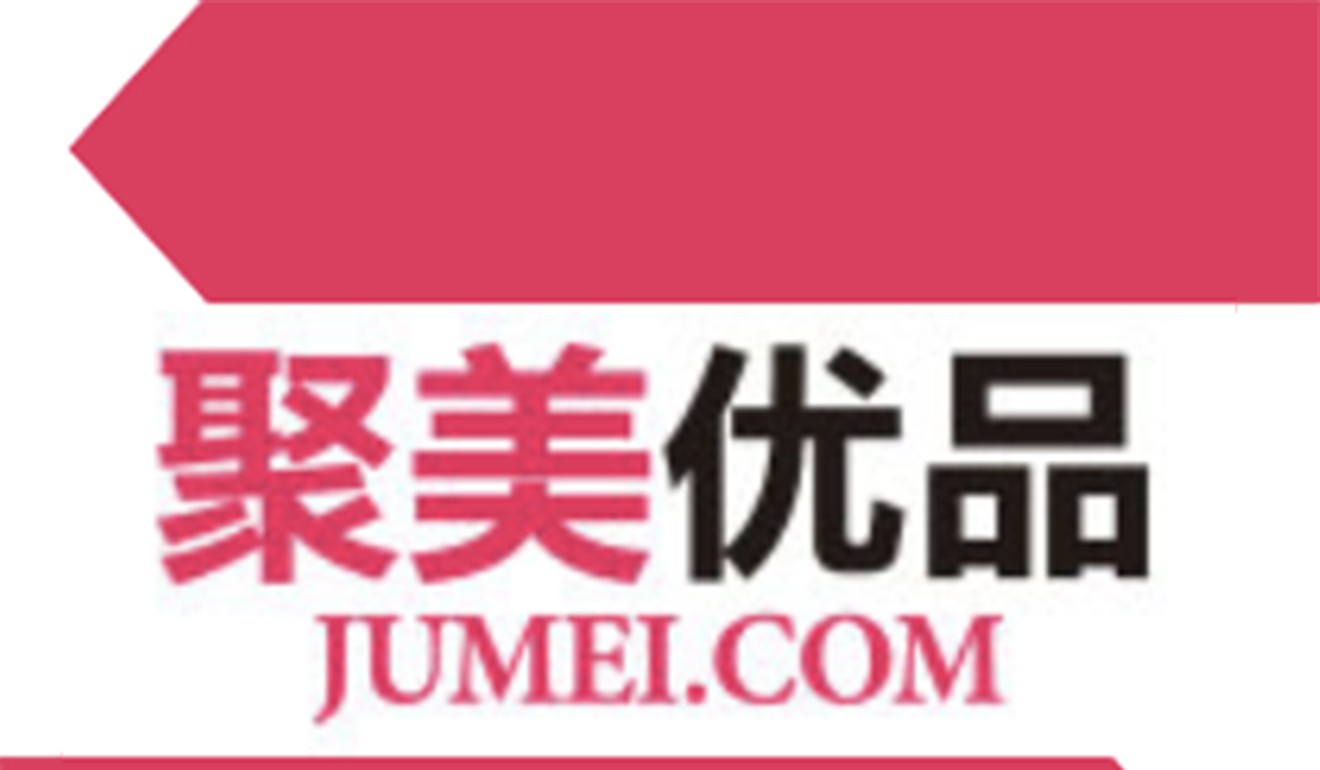
China’s Jumei completes buy of stake in power bank company against shareholder opposition
An investor in the New York-listed online cosmetics retailer publicly criticises its spending on non-core businesses, saying the company’s value is being destroyed
Chinese online cosmetics retailer Jumei International Holding has completed its purchase of a controlling stake in power bank sharing company Shenzhen Jiedian Technology, in the face of strong opposition from one of its own shareholders.
New York-listed Jumei paid 300 million yuan (US$45.6 million) for 60 per cent of Jiedian, which operates self-service cabinets in restaurants, stations and shopping malls from which users can rent a portable recharging device by scanning a QR code and making a mobile payment.
However a Jumei shareholder, Heng Ren Investments, openly challenged the acquisition in a public letter last week, criticising Jumei’s chairman and founder, Chen Ou, for investing tens of millions of dollars in non-core businesses.
“During chairman Chen’s 18-month debacle, US$397 million in Jumei’s market value has been destroyed,” said Peter Halesworth, Heng Ren’s managing partner, in the letter.
The letter also noted that Jumei had invested US$14.3 million in the production of a television drama series, with the combined amount of the two outlays equalling 12 per cent of Jumei’s market capitalisation and 18 per cent of its cash.
“There is no forum for investors to query Jumei’s management about the value of these questionable investments, which appear irrelevant to the core online cosmetics retail business and a waste of valuable shareholder cash,” said Halesworth in the letter.
Halesworth could not be reached immediately for further comment.

The letter also demanded a special dividend of US$1.50 per share be paid to help “repair the damage to shareholder trust and investor confidence”.
Jumei’s shares closed at US$3.39 on Thursday, less than half of an offer of US$7 to take the company private that it proposed in February 2016 and about one-seventh of its IPO price of US$22 in May 2014.
Chen responded to Heng Ren’s letter on Thursday evening via his official account on Weibo, China’s version of Twitter.
“Paying a dividend would be a selfish act, considering the management is now the biggest shareholder,” he wrote, adding that keeping cash in the company would help its long-term development.
The investments in the TV series and in Jiedian would bring more traffic to Jumei’s shopping platform and help promote the company’s brand, he said. He did not address the complaint over the fall in the company’s market value in his statement, and said there was frequent communication with shareholders.
He said he considered the share price “undervalued”, but did not elaborate.

